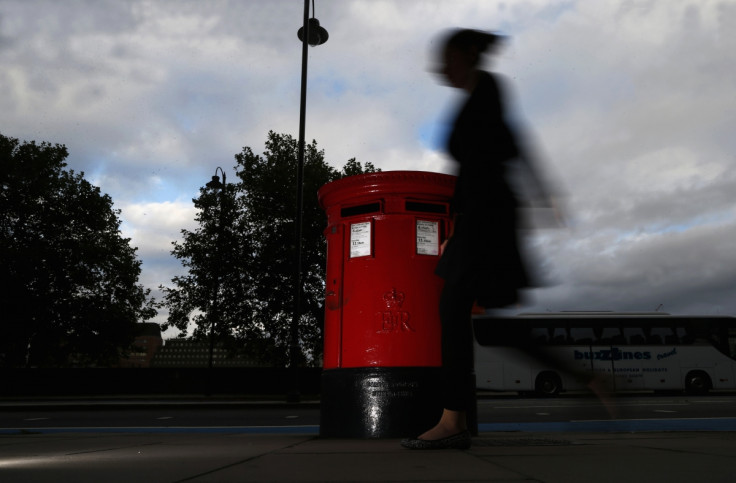Royal Mail delivers increase in revenue but Brexit vote hits performance in the UK
Uncertainty surrounding EU referendum led to reduction of marketing activity in the UK, says mail operator.

Royal Mail said its performance in the first six months of its financial year was in line with expectations, as revenue edged higher on the back of a solid display from its European business.
In the six months to 25 September, revenue at the FTSE 100-listed group grew 1% year-on-year on an underlying basis to £4.58bn, while operating profit before transformation costs was 5% lower than in the previous year and pre-tax profit rose from £240m to £252m.
Growth in the GLS segment, the group's continental European parcels division, offset a 1% decline in underlying revenue in UKPIL, Royal Mail's domestic business.
Uncertainty leading up to and after the European Union referendum led to a reduction in overall UK marketing activity, Royal Mail said in a statement on Thursday (17 November).
The drop in revenue in the domestic business was largely driven by a 4% drop in addressed letter volumes, which, however, the company described as being in line with forecast. As a result, total letter revenue declined 3% and marketing mail revenue was 8% lower year-on-year.
Royal Mail added it has increased its cost-cutting target from £500m to £600m over the three financial years ending in 2017-18, and it is aiming to reduce underlying operating costs before transformation in its UKPIL division by up to 1% in 2016-17.
Investment is also expected to be scaled down, with net cash investment forecast to be no higher than £500m next year, compared with an average of £615m over the past three years.
"Our performance was broadly in line with our expectations," said group chief executive Moya Greene.
"We delivered UK parcel volume and revenue growth including new contract wins [and] addressed letter volume decline was within our forecast range."
Greene added that Royal Mail's performance over the busy Christmas period will be crucial for the company to hit its full-year target. The mail operator has hired over 19,000 temporary staff and opened nine temporary parcel sorting centres to deal with the increased workload that comes from what is traditionally its busiest time of the year.
© Copyright IBTimes 2025. All rights reserved.






















